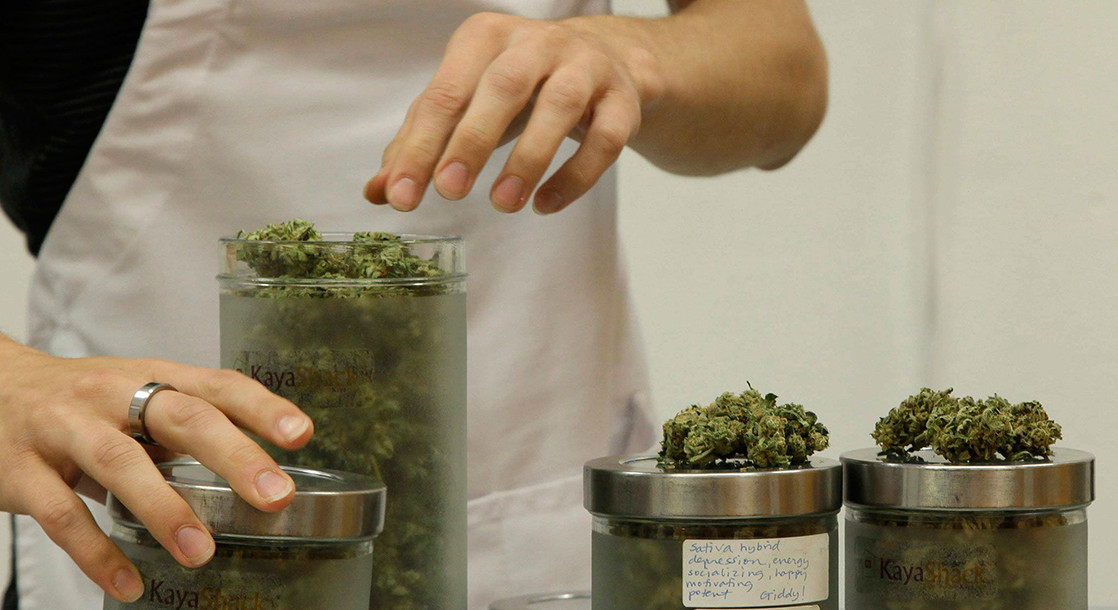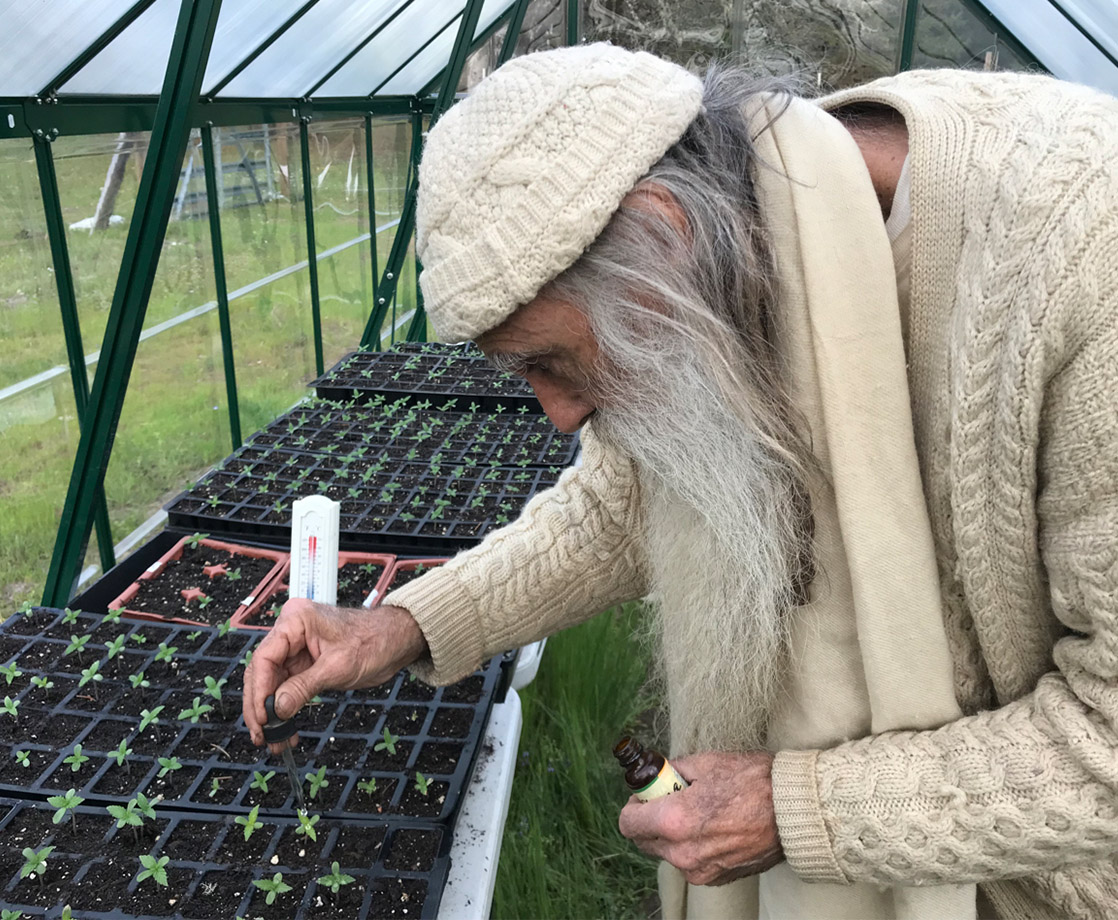While the East Coast's recreational cannabis movement is being spearheaded by the likes of Massachusetts and Maine, New Jersey doesn’t seem to be trailing too far behind. With full-scale legalization in limbo as Republican Governor Chris Christie finishes up his final term, the state is using the last month’s of Christie’s gubernatorial stint to push cannabis forward on the medicinal front. New Jersey’s Medicinal Marijuana Panel recently approved a request that would add 43 additional conditions to the existing medical marijuana program.
The council’s decision came after studying petitions and two hearings over the last year. During the second hearing, panel members voted 5-1 in favor of recommending that the program be more inclusive for a host of new patients. If the request is approved by the state’s health commissioner, qualifying conditions would include chronic pain, migraines, anxiety, opiate-use disorder, arthritis, Alzheimer’s disease, autism, and Tourette syndrome, among many others.
While New Jersey’s medical cannabis system has been in place for seven years, it remains one of the more stringent states when it comes to patient access. Currently, legal weed can only be used to treat a dozen incredibly serious conditions, including terminal cancer, multiple sclerosis, and epilepsy. The program serves only 13,200 Jersey residents, but if the new recommendations are accepted, up to 200,000 additional people could have access to the all natural medication.
Unfortunately, there could be a lengthy wait period before the medical marijuana expansion is approved. The public will have a two month period to comment on the panel’s suggestions, followed by another hearing. After that, Health Commissioner Cathleen D. Bennett will review the findings and make the final call on whether to add the qualifying conditions or not.
Although the medical program is suspended in frustrating mess of bureaucratic molasses, cannabis legalization still seems to be right on New Jersey’s horizon, despite constant vocal opposition from the outgoing governor. With Democratic candidate and legal weed supporter Philip D. Murphy aiming to take the gubernatorial throne in the state’s upcoming November election, policymakers have already introduced recreational marijuana legislation to the floor.
Hopefully, the budding momentum behind full-scale legalization will aid in the effort to broaden the reach of the state’s medical program. Both changes are unlikely to take effect until Christie vacates his seat, but New Jersey advocates can at least take solace in the immense progress budding across the Garden State while they wait.











